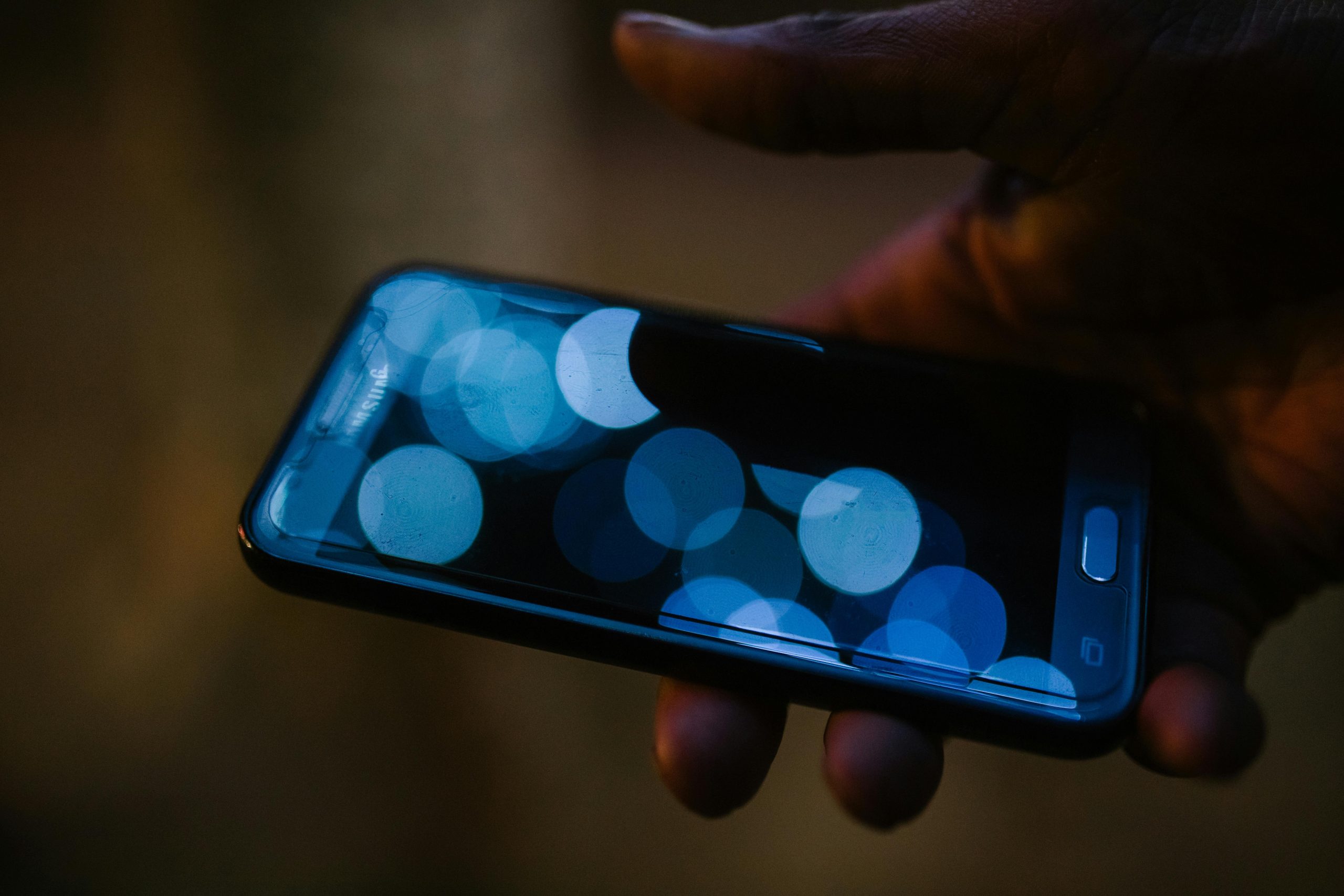Why don’t other people tap off when using contactless on the bus?
Have you ever noticed that you may be the only one tapping off when using contactless payment on the bus? It seems like many people may have bus passes, but not everyone. Here are 3 reasons why I personally don’t like tapping off:
- I feel guilty for potentially delaying the bus departure.
- I always worry if the driver has noticed me and is ready to drive off.
- It’s a hassle having to fumble down the stairs with my phone in hand, trying to unlock it quickly to avoid wasting any more time.
But what would happen if I didn’t tap off at all?

There are a few reasons why you may feel like you are the only person tapping off when using contactless payment on Reading buses.
Firstly, some people may have bus passes or season tickets that don’t require them to tap off when they exit the bus. This could explain why you notice others not tapping off.
Secondly, some people may simply forget to tap off or may not be aware that they need to do so when using contactless payment. It’s possible that they are used to a different payment method where tapping off is not required.
Lastly, some people may not tap off due to similar reasons as you mentioned – they may feel rushed, anxious about delaying the bus, or find the process inconvenient.
If you don’t tap off when using contactless payment on the bus, it could result in you being charged the maximum fare for the journey. Tapping off ensures that you are charged the correct fare based on the distance traveled. It also helps the bus company track passenger data and improve their services. So while it may feel like a hassle, tapping off is important to ensure you are paying the right amount for your journey.
Thank you for sharing your observations about the contactless payment system on buses! Your points highlight some common concerns that many passengers may have. Interestingly, the issue of not tapping off has broader implications beyond individual inconvenience—it can affect fare calculations and local transportation funding.
To address your points: First, it’s understandable to feel guilty about delaying the bus. However, bus schedules often include grace periods, and ensuring that everyone taps off contributes to the accuracy of fare collection, which ultimately helps improve transit services.
Second, regarding driver awareness, some systems have begun implementing audio or visual cues to reassure passengers that they’ve tapped off successfully. This could alleviate your concern about rushing the process.
Lastly, the hassle of fumbling for your phone is indeed a barrier. As contactless technology advances, we might see more integrated solutions, such as tap-off points being installed closer to the entrance, or even the development of automatic tap-off systems that would eliminate the need for manual tapping altogether.
The question of not tapping off raises a critical conversation about collective responsibility and the need for public awareness campaigns about the benefits of tapping off, which ultimately support the transit network’s effectiveness. What strategies do you think could encourage more people to adopt this practice?
This is a really interesting observation and raises some valid points about the cultural norms surrounding public transport usage. I think one reason many people might not tap off, even when they should, could be linked to a general lack of awareness about how contactless payment systems work or the potential repercussions of not tapping off.
For instance, some users might mistakenly assume that their fare will automatically adjust based on their journey. Additionally, there seems to be a growing trend among bus riders to prioritize convenience over following proper procedures, especially during peak hours when they may feel rushed.
It could also be helpful to consider how local transport authorities communicate the importance of tapping off. Perhaps awareness campaigns could emphasize not just fare accuracy, but also how tapping off contributes to the overall efficiency of the system. Furthermore, with advancements in technology, maybe we will see systems that streamline this process, like improved tap-off locations or methods that make it easier for riders to comply without feeling rushed.
What do you all think about possible solutions to encourage more passengers to consistently tap off when using contactless payments?